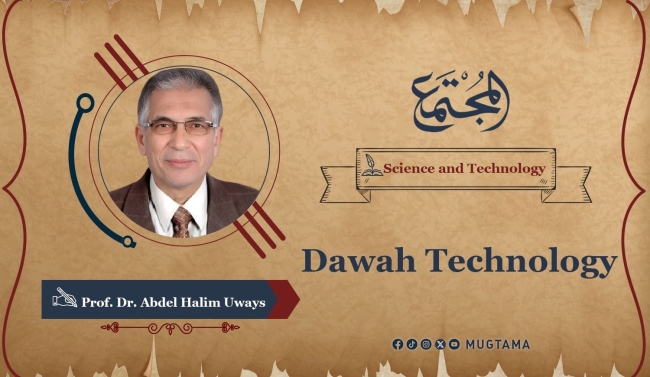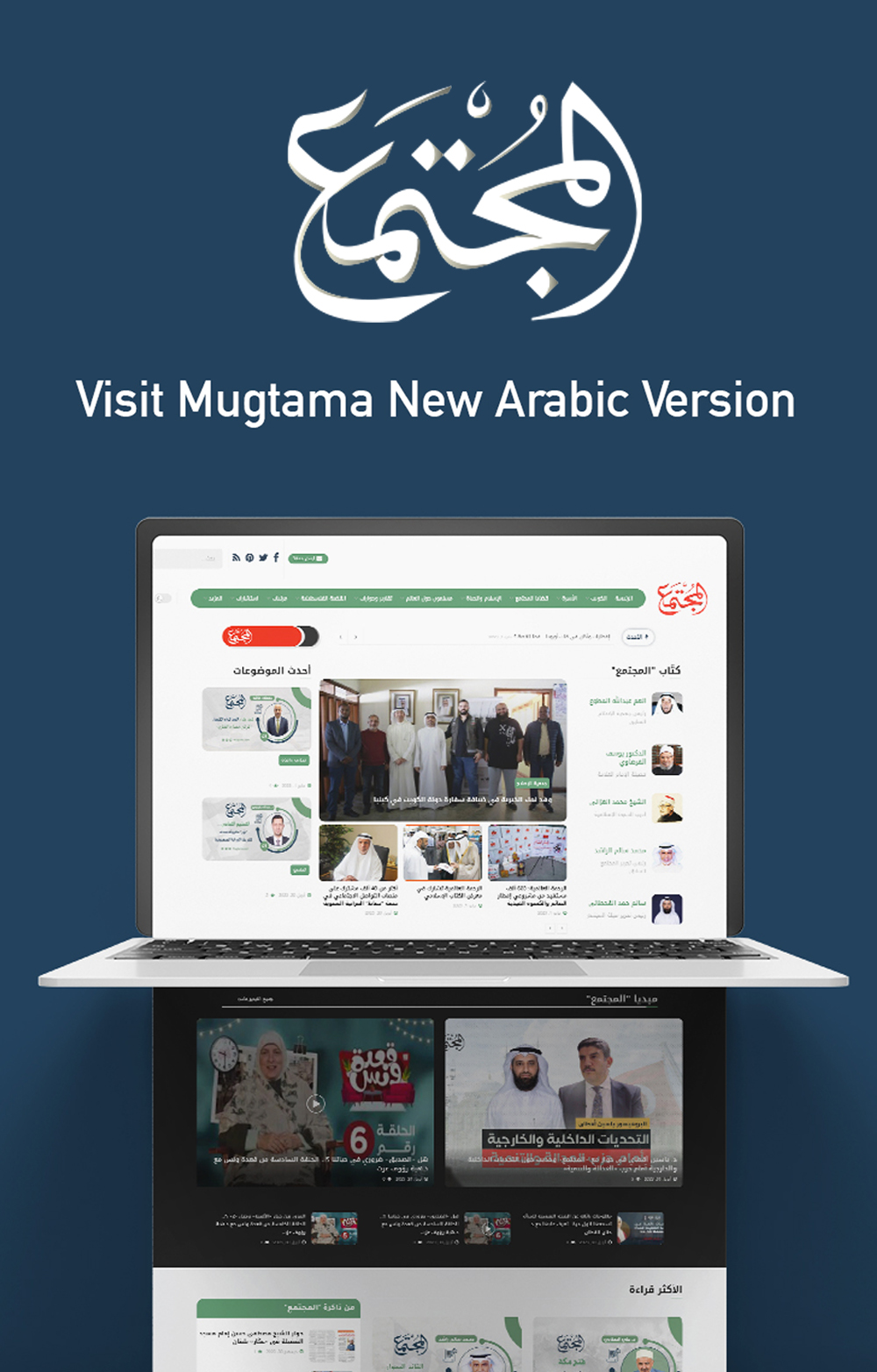The term technology consists of two parts: the first, Techno, meaning craft, and the second, Logy, meaning science. Together, they form technology, which refers to the science of craftsmanship—essentially, the science of professionalism and mastery. Excellence in work is a fundamental Islamic principle emphasized by Prophet Muhammad ﷺ. Aisha (may Allah be pleased with her) narrated that the Prophet ﷺ said: " Allah loves when one performs a task with excellence."
Excellence has been an intrinsic Islamic value since the beginning of the Islamic message. It served as a powerful tool in the spread of Islam across different regions.
When we add the term Dawah to technology, forming Dawah Technology, we aim to professionalize the work of Dawah, master its techniques, acquire its skills, understand its ideologies, and transform it into an applied and systematic science. This approach ensures achievable objectives, a comprehensive methodology, diverse strategies, tailored psychological frameworks, advanced tools, innovative methods, and specific designs for different Dawah scenarios, alongside proper assessment and evaluation techniques.
This field plays a significant role in enhancing communication processes, facilitating interaction between the elements of communication—sender, message, communication channel, and receiver—as well as improving teaching and learning processes. In this, we follow the example of the greatest preacher and teacher, Prophet Muhammad ﷺ. He utilized the available resources in his environment to serve his eternal message, employing diverse methods to educate his companions. He addressed people according to their level of understanding, using various approaches based on the situation. He sometimes illustrated concepts through drawings in the sand, sometimes through direct speech and gestures, and at other times by sending delegations to different tribes. He also used real objects and models when necessary. This strategic use of available resources represents the essence of technology, which is essentially the practical application of human knowledge.
The study of Dawah Technology ultimately leads to a comprehensive understanding of Islamic Dawah Technology, which is based on three key foundations: considering it as a field, a process, and a profession.
Viewing Dawah Technology as a field is a serious academic endeavor aimed at defining its components and identifying its key aspects, such as modern equipment, storage tools, human resources, design, production, evaluation, as well as its theoretical framework and Dawah strategies.
As a process, Islamic Dawah Technology is much more than merely introducing new technological advancements into the Dawah field. Rather, it is a well-planned, structured, unique, and effective approach that undergoes comprehensive study, considering all the previously mentioned components related to the field.
Naturally, viewing Islamic Dawah Technology as both a field and a process necessitates considering it as a profession. Any field consisting of structured processes requires skilled individuals to carry them out. This highlights the fact that working in the field of Islamic Dawah Technology demands well-prepared individuals who possess specialized skills and high competencies in handling its various aspects effectively.
The Role of Modern Communication in Dawah
From an Islamic perspective, modern communication tools revolve around three main aspects:
1. They serve as a sign affirming the truth of Prophet Muhammad’s message.
2. They provide an unprecedented opportunity for spreading Islam.
3. They present a significant challenge to Dawah efforts.
1. Communication as a Sign of Prophetic Truth
Modern communication has transformed the world into a single global village. Previously, each prophet was sent to a specific nation, but with the advent of global connectivity, the necessity of multiple messengers became obsolete. This aligns with the wisdom behind Allah sending Prophet Muhammad ﷺ as the final messenger to all of humanity, as stated in the Quran: "And We have not sent you [O Muhammad] except as a mercy to the worlds." (Al-Anbiya, 107)
This serves as further evidence of the truthfulness of Prophet Muhammad ﷺ and his position as the final messenger.
2. Communication as an Opportunity for Dawah
Modern technology has greatly expanded the means of conveying the message of Islam. Printing and publishing have evolved, and spoken words are now recorded and distributed through various media. The internet has provided an unprecedented platform for spreading the message of Islam globally, ensuring that Dawah efforts are no longer confined by geographical barriers.
3. Communication as a Challenge to Dawah
However, these advancements also pose significant challenges:
- First, while these technologies allow us to reach non-Muslims with the message of Islam, they equally enable others to spread harmful ideologies and misinformation. Given their superior financial resources and expertise, their influence often surpasses our own.
- Second, the Muslim world has yet to establish well-structured and modern strategies for utilizing these technologies effectively in defending Islam and calling others to it.
-------------------------------------------------------------
Source: Islamweb.net


